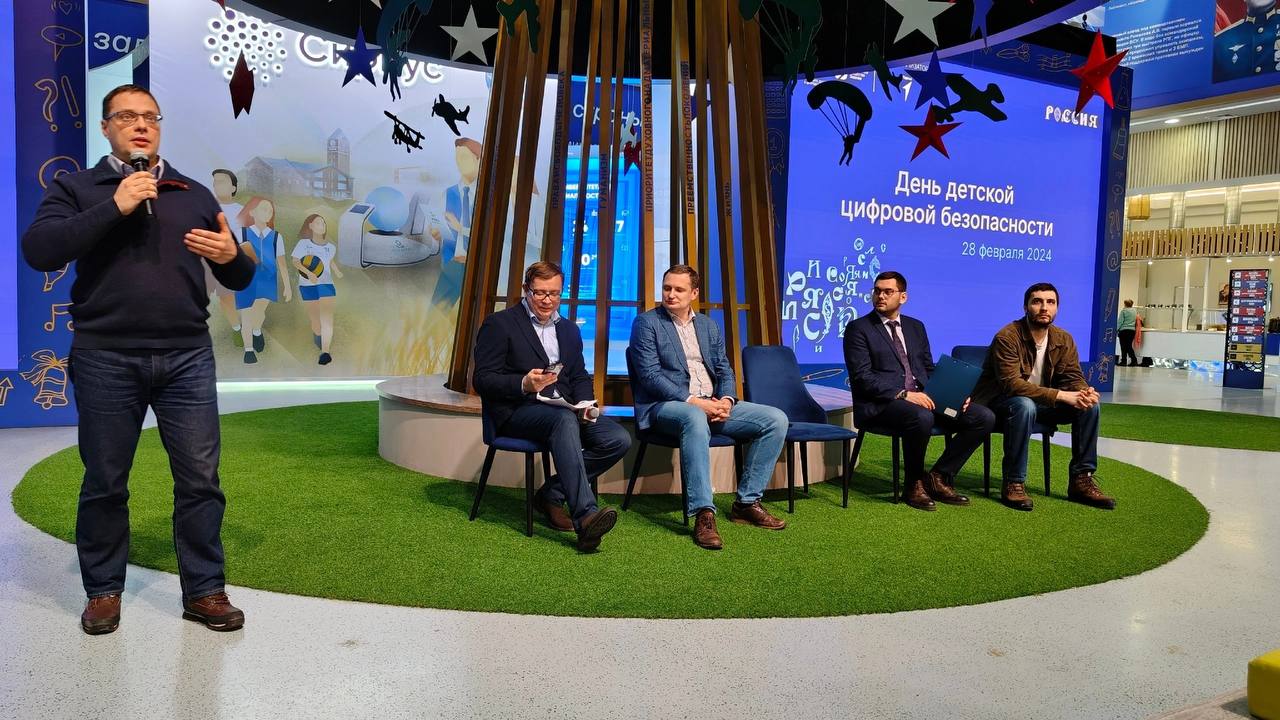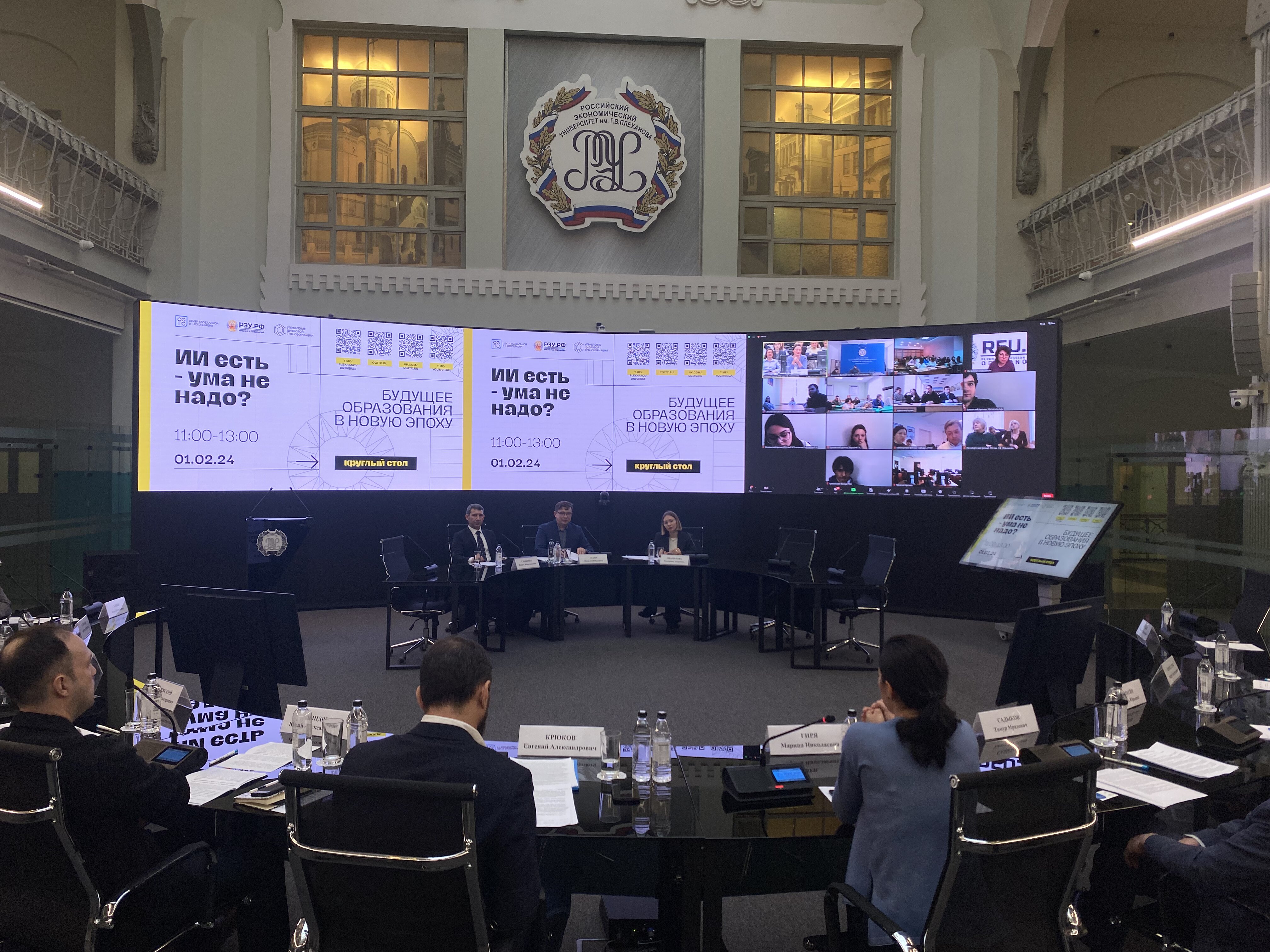Maintaining stability in the IT sector plays a significant role in safeguarding both current and long-term interests of our country. Considering the unprecedented worsening of international relations and the sanctions imposed by unfriendly countries, it’s important to identify priority measures aimed at maintaining and developing technology, devices, and hardware.
Director of the Center for Global IT Cooperation Vadim Glushchenko, General Director of the International Research Institute for Advanced Systems (IRIAS) Alexander Ageev, General Director of the Industrial Research Laboratory LLC Dmitry Saprykin, Head of RITDF Strategic Development and Project Management Department Maxim Kiselev, and an independent expert Anatoly Ivanov participated in the discussion moderated by Andrey Kuleshov, International Relations Advisor of the Center for AI Science and Technology at the MIPT.
“Today’s conditions have created what could well be called a ‘perfect storm’ for Russian IT companies. The challenges that market participants have faced affect almost every area of life and activity, from technology, much of which is now not available, to work environment that has become more stressful and, therefore, has a negative impact on both employees’ mood and the quality of their performance,” Vadim Glushchenko said in his statement. Director of the Center presented the results of the survey on market participants’ mood conducted jointly by the Center and the RF CCI electronic document management working group.
The survey shows that, despite difficult circumstances, most Russian IT companies remain moderately optimistic. “The overall trend is upward. We are witnessing a more positive assessment of the state of IT industry, a lower level of anxiety and depression among employees, and a decreasing trend toward relocation. Many companies have already adapted to new ways of doing business. However, support measures offered by the state ensure, in large part, that companies maintain a positive outlook on the current reality,” Director of the Center concluded.
Maxim Kiselev outlined the support measures for Russian IT industry taken under the unprecedented sanctions pressure, including the RITDF grants. The expert also reminded that the service of “digital attaches” created in Russia soon would go into operation in 16 countries across the world and be responsible for promoting domestic IT solutions abroad.
Dmitry Saprykin pointed out in his statement that today, it is particularly important to invest in domestic semiconductor industry capital goods. “Russia’s digital industry is experiencing a major lack of investment with an import dependency for 90 % of its overall production. In order for supply chains to recover, a significant reassignment is needed, along with the establishment of smaller manufacturing facilities. We have to make a coordinated effort, because it seems like we got everything we need but still, we’re facing a supply chain disruption. Many facilities were primarily export-oriented, and now contracts are obviously blocked,” the expert said.
The development of distributed ledger technologies in Russia and abroad was also discussed during the event. “There is a big shift happening in the world now. We’re moving from centralized to decentralized systems, that is, blockchain. Centralization hampers our development. The monopoly of several major financial institutions that leads to rent-seeking and lack of both transparency and innovation motivation makes it impossible to implement new solutions. Also, now, for instance, Russian holders of Eurobonds are not receiving payments. This is the impact of the decisions made by European financial institutions. However, the problem that the financial sector is facing amid sanctions can be solved by moving to distributed ledger technologies,” Anatoly Ivanov stated while also pointing out that in Russia, there are only a few companies that are working on blockchain implementation.
Participants of the discussion have agreed that Russia’s IT sector is facing a plenty of challenges and critical issues under the unprecedented sanctions pressure. However, if certain solutions are implemented both at the government level and by business managers or investors, these issues will likely be resolved.




